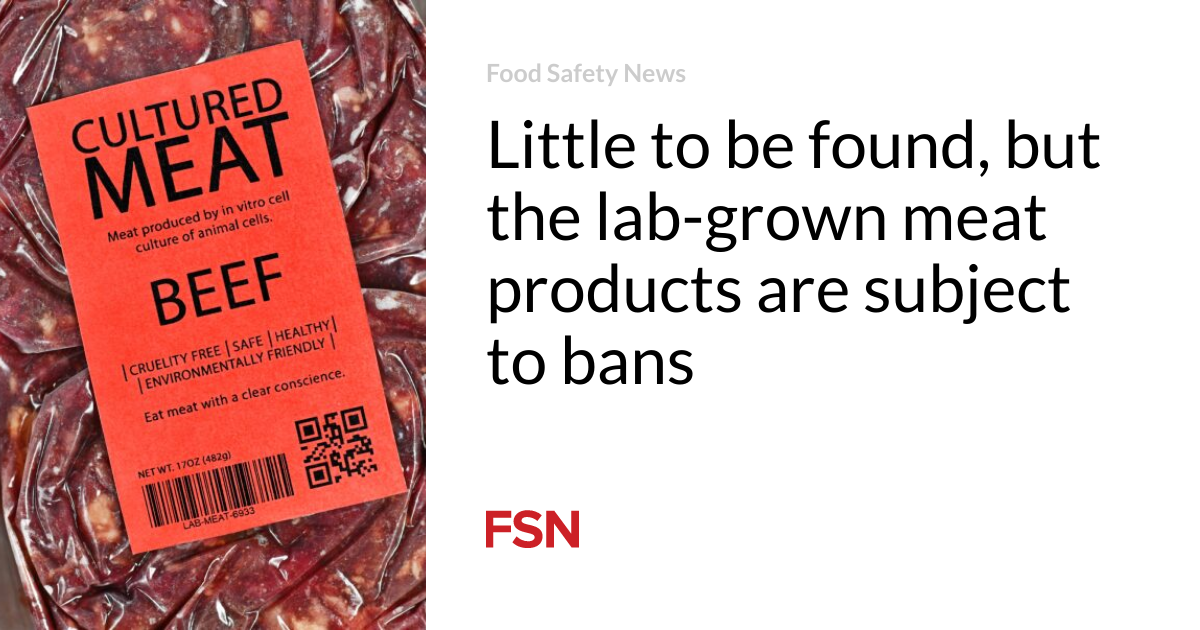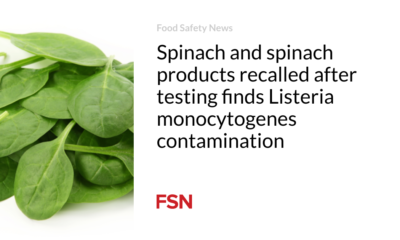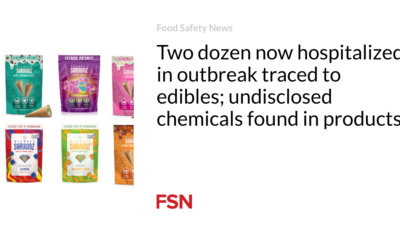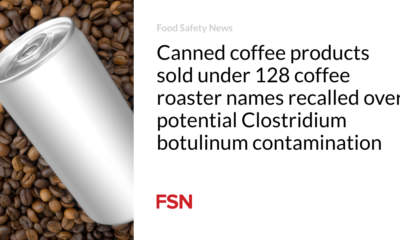Food
There is little to be found, but the lab-grown meat products are banned

Two US states and one European country ban the production, sale and distribution of farmed meat and poultry products. Italy passed a ban last year, and Florida and Alabama only passed their laws on the books in the past few days.
The bans were issued after the robust cultured meat industry saw billions in investment but was left with no widely available commercial product. Just as product samples would go a long way in building support, so too would submitting a novel food application to the European Food Safety Authority (EFSA).
EFSA is the European Union agency that provides independent scientific advice and communicates on existing and emerging risks related to the food chain. Lab-grown products have received approval from the FDA and USDA in the United States, but some are awaiting more stringent review by EFSA.
Nevertheless, the latest is Alabama Senate Bill 23, which makes it unlawful for any person to produce, sell, possess or offer for sale, or distribute any cultivated food product in the state. “Cultured food product” means any food produced from cultured animal cells.
Anyone who breaks the new law could be found guilty of a criminal offence. Any food retail business that violates the ban may have its food safety permits suspended or revoked. Alabama law allows state research and development in cultivated products to continue. The ban will take effect on October 1, 2024.
Without producing many cultivated projects, about 150 companies around the world have joined the sector, including 43 in the United States.
According to the budget memo, SB23 “could increase revenue from fines to the State General Fund and municipal general funds; increase revenues from the State General Fund, provincial general funds, municipal general funds and other funds into which legal fees are deposited; and could increase the obligations of the State General Fund, district attorneys, and local jails by an unspecified amount, depending on the number of persons charged and convicted of the crimes provided for in this bill and the penalties imposed.
“In addition, this bill would further increase revenues to the State General Fund from civil penalties (ranging from $100 for a Class II violation to $10,000 for a Class V violation) imposed on food retail establishments that violate the provisions of this bill.
This bill could also increase the administrative obligations of the Department of Health and the Department of Agriculture and Industry for adopting regulations deemed necessary to implement the provisions of this bill.
Gov. Kay Ivey signed SB23 just before Florida Gov. Ron DeSantis signed SB1084, his state’s ban on lab-grown meat.
Cultured meat has been around since 2013, when it was produced in Maastricht. University. But it’s rare for a consumer to even have a taste. FDA approvals still only cover lab-grown meat from two companies: Upside Foods and Good Meat. And it is not sold in their stores.
Last year, there were a pair of high-end restaurants in Washington, D.C., and another in San Francisco that offered the taste of lab-grown produce, but both have stopped making even those limited portions available.
The problem is how to scale up cell production while reducing the incredible costs.
In signing the ban in Florida, Governor DeSantis said his state stood up to the global elite who want to force people to “eat bugs.”
Although the state legislative season is largely over, more bans are possible, even if they are not as necessary. Proponents of the cultivated products say consumer freedom and choice make a case for letting the market determine the future.
Also in January, a coalition of European Union member states called for a public debate on laboratory meat when it comes to assessing the risk and labeling of cell-based foods.
Austria, France and Italy, along with nine other countries (Czech Republic, Cyprus, Greece, Hungary, Luxembourg, Lithuania, Malta, Romania and Slovakia), are raising questions about the potential impact of “cell-based food production practices” on ethical, economic, sustainability, transparency, social and legal issues.
to News about food safety, click here(To sign up for a free subscription.)

![[B-SIDE Podcast] The risks of using e-cigarettes and tobacco products, especially among young people](https://blogaid.org/wp-content/uploads/2024/07/B-SIDE-Podcast-The-risks-of-using-e-cigarettes-and-tobacco-products-300x240.jpg)
![[B-SIDE Podcast] The risks of using e-cigarettes and tobacco products, especially among young people](https://blogaid.org/wp-content/uploads/2024/07/B-SIDE-Podcast-The-risks-of-using-e-cigarettes-and-tobacco-products-80x80.jpg)










